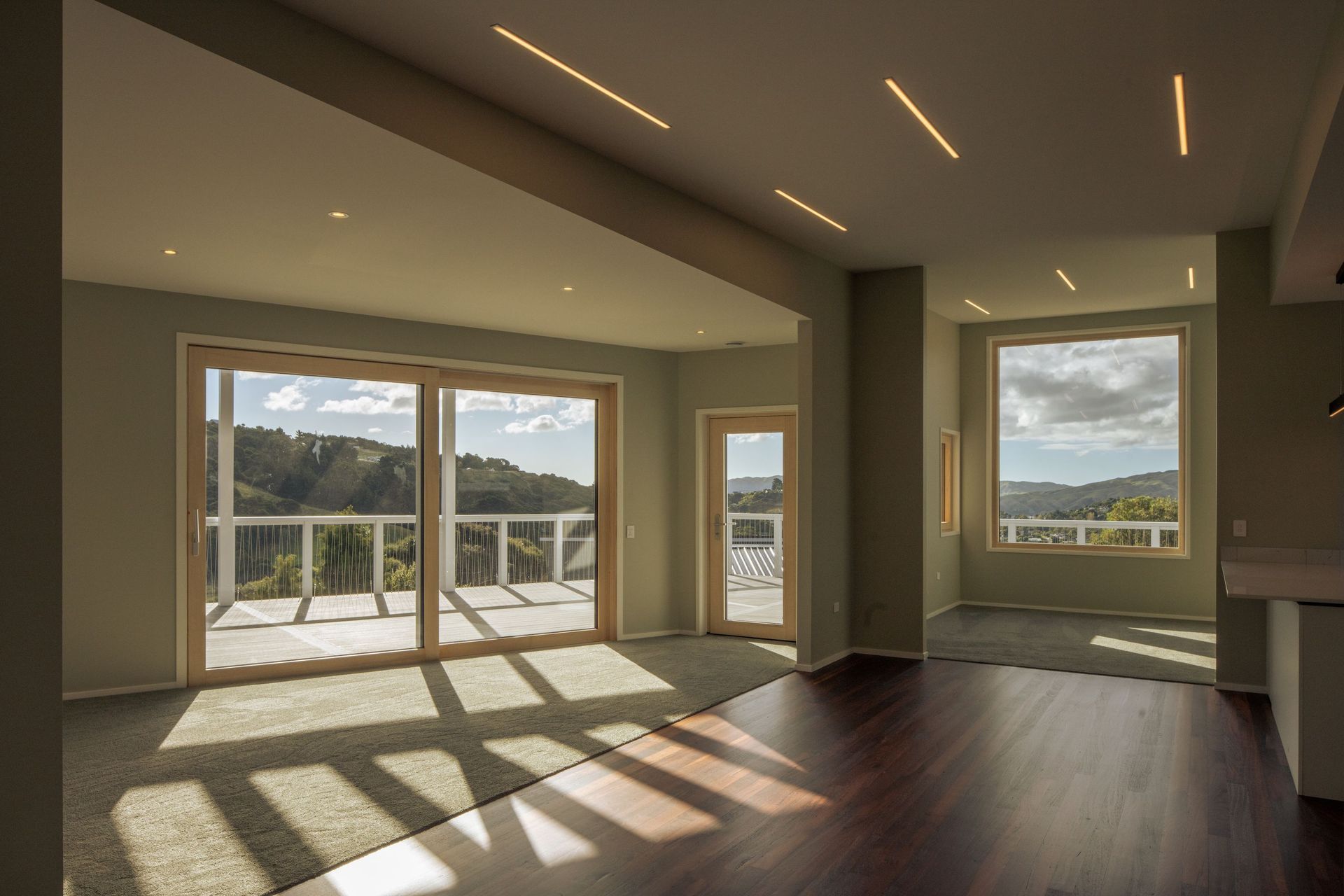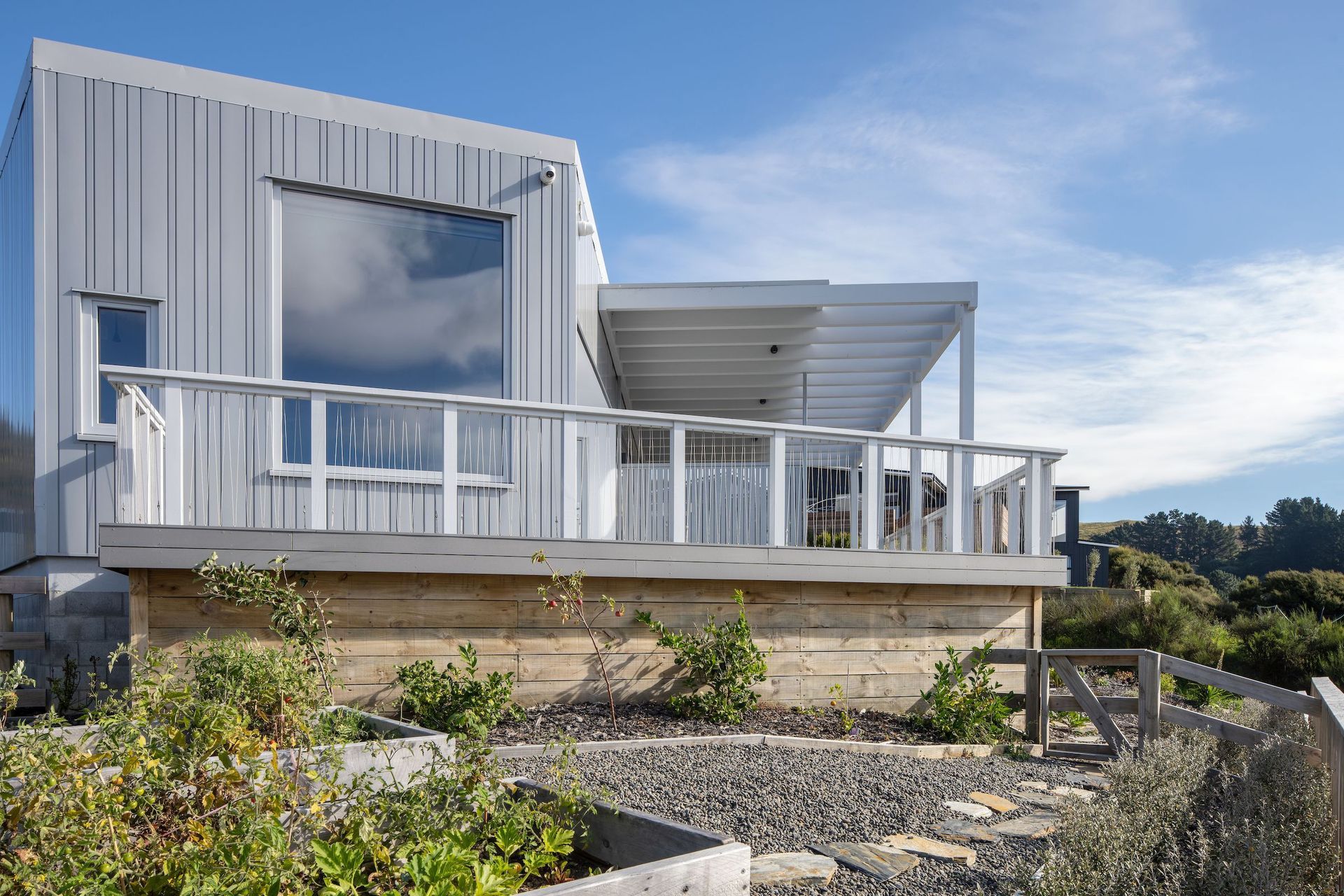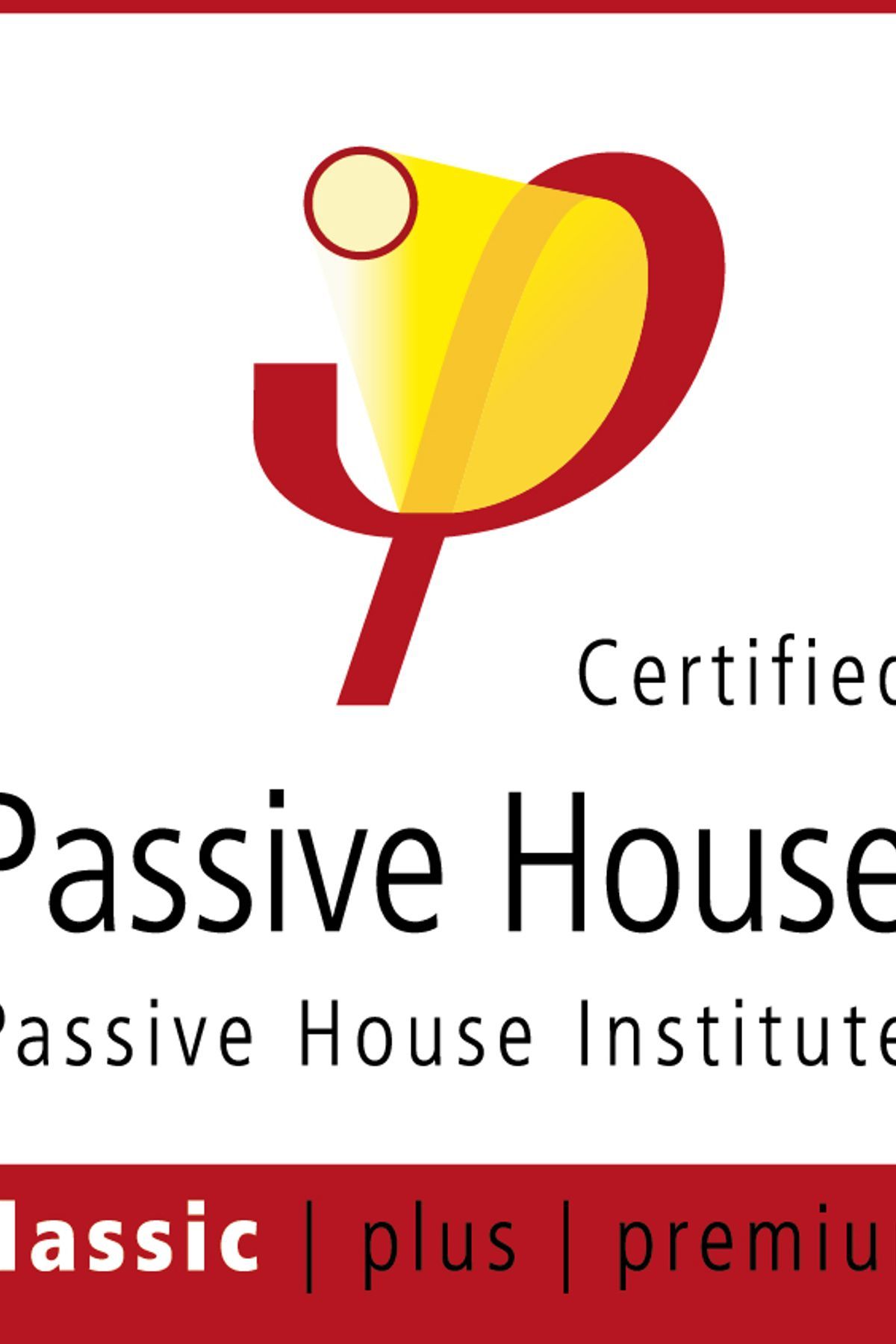Unsubstantiated Claims about Passive House

An NZIA Bulletin raised the issue of unsubstantiated claims. The examples cited were an internet provider and a solar panel retailer, however, the lesson applies equally to architecture, building design and more specifically Passive House. Here’s the relevant section of the Bulletin:
“…a recent warning from the Commerce Commission has highlighted how important it is for businesses to have reasonable grounds for any claims or implications they make about their goods or services. The warning was issued on Monday 18 December to 2017 NZ Fibre Communications Limited (“Stuff Fibre”) for making unsubstantiated claims that it is “Probably NZ’s Fastest Internet."
Stuff Fibre has admitted it did not know if its broadband services were actually faster than that of its competitors and that it had not undertaken any broadband speed comparisons. Stuff Fibre, therefore, had no reasonable grounds for making the claim.
The Commission’s investigation found that by making this claim without any reasonable grounds at the time, Stuff Fibre is likely to have breached the substantiation requirements of the Fair Trading Act 1986. The Commission took the stance that business cannot rely on qualifying a verifiable claim with the word “probably” to get out of the fact it had not actually done its research, and that this caveat was ineffective to prevent potential consumers from being misled.
Last month, solar panel systems retailer New Zealand Home Services Limited (NZHS) was issued with a similar warning over claims it made about the financial benefits of its solar panel installations.
It is important to remember that a claim is unsubstantiated if a business or trader does not have reasonable grounds to make the claim at the time they make it. This applies irrespective of whether the claim is an express or implied claim and irrespective of whether the claim is false or misleading. As you think about the year ahead, take the time to reflect on any claims you make about your goods and services.”
Passive House (or ‘Passivhaus’ in German and sometimes used for clarity) refers specifically to the international Passive House Standard as developed, defined and administered by the Passive House Institute in Darmstadt, Germany. Passive House has a very clear definition and set of requirements so it is possible to check if a building meets the definition and requirements of the standard. It is not a tick-box exercise: rigorous modelling and verification are required in the design and construction stages.
Passive House is not ‘Passive Solar’ or ‘Passive-something’, it is a defined standard.

Passive House design and energy modelling can be undertaken by a qualified Passive House designer or consultant who may also be the architect/designer or they can be independent and collaborate with the architect/designer.
At VIA architecture we do both. We undertake projects where we are the architect and Passive House designer providing a complete integrated service. And we act as an independent Passive House designer/consultant where another architect/designer is engaged for the project.
Independent verification is provided by an accredited Passive House building certifier. For projects in Aotearoa NZ, we often work with Sustainable Engineering, where Jason Quinn and his team are accredited Passive House certifiers. A certifier from abroad can undertake the role, however, there are advantages of working with someone local who is familiar with the climate and construction practices here. For the international Passive House consulting we do, we often work with an accredited Passive House certifier familiar with the location.
The Passive House design and building certification process together ensure the customer or end user gets something very specific: a Passive House building. And with this comes the quantifiable benefits associated with the standard.
If anyone claims that a building is a Passive House, they will be able to substantiate the claim. You should demand this.

Passive House benefits include energy efficiency, comfort, health & wellbeing, fresh air, durability, and peace-of-mind - we all want this in our home.
At VIA architecture, we work all across Aotearoa NZ and internationally. Please call us if you'd like to discuss how we can assist you on your project.

Notes:
- Passive House Institute NZ (PHINZ) has produced a guidance document on ‘Claiming the Passive House Standard‘ covered consumer law in NZ that is freely available to download.
- PHINZ has also produced a guide and flow chart on using Passive House terminology and referring to projects correctly.
- There has been at least one court case in the UK where a building was claimed to be Passive House but wasn’t. Needless to say, the party making the claim lost in court.
- Commerce Commission NZ has a good guide on making accurate claims.

